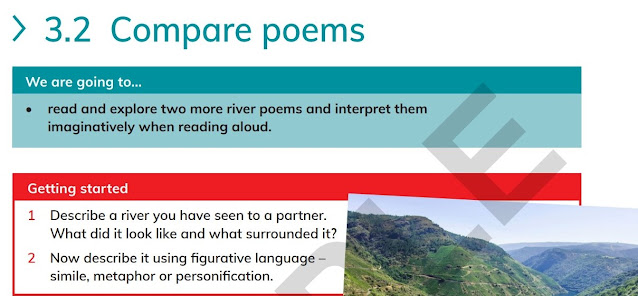Workbook - 5.4 & 5.5 (Wednesday; 31/1) (Friday; 2/2)
K: Know how to answer questions.
U: Understand the sample answers.
D: Check and mark our answers.
Unit 5.4
1a. A simple sentence: A basic sentence with one independent (or main) clause.
1b. A compound sentence: A sentence that has at least two independent (or main) clauses that have related ideas. / The independent clauses are joined by a coordinating conjunction (FANBOYS).
1c. A complex sentence: A sentence that has an independent (or main) clause and at least one dependent (or subordinate) clause.
1d. A main clause: A clause that can stand alone as a sentence, containing a subject and a finite verb.
1e. A subordinate clause: Also called a subordinate clause or conditional clause, it is usually introduced by a connective which forms part of and is dependent on a main clause.
2a. Complex
2b. Simple/Compound
2c. Complex
2d. Simple
2e. Compound
3a. If it stops raining, the match will resume.
3b. You can go out to play unless it rains.
3c. When it shows, it will be cold.
3d. As long as you take an umbrella, you can go outside.
3e. We can go on a holiday provided you are well.
3f. If they all take their jackets, they will be warm.
4. (Open-ended. Please check that your spelling and wording are correct. You may refer to the sample answers below but you are forbidden from using mine.)
4a. If we ignore the problem of climate change, my three beautiful cats will suffer.
4b. If temperatures continue to rise, my brother will melt like a puddle.
4c. If animal habitats are destroyed, all the animals will die a heartbreaking death.
4d. If everyone uses less electricity, our electric bills won't be off the charts.
4e. If we start a climate change campaign, we can help and spread awareness.
Unit 5.5
1. usual, standard, informal, impersonal, first, should not.
2a. the report
2b. the planet
2c. a/the teacher/an
2d. the environment
2e. a/the solution, a bicyle
3. I am, I have, I had, I will, we are, we have, we would, we will, they are, they have, they had/would, they will, have not, must not, could not, would not, cannot, will not, do not, would have, should have.
4a. Active. Responsibility must be taken by individuals.
4b. Passive. Everyone must complete the homework on climate change.
4c. Active. A survey will be conducted by the learners.
4d. Passive. You must implement a plan.
4e. Active. The area must be cleaned up by the council before it becomes a problem.
4f. Passive. The class must complete the report.



Comments
Post a Comment